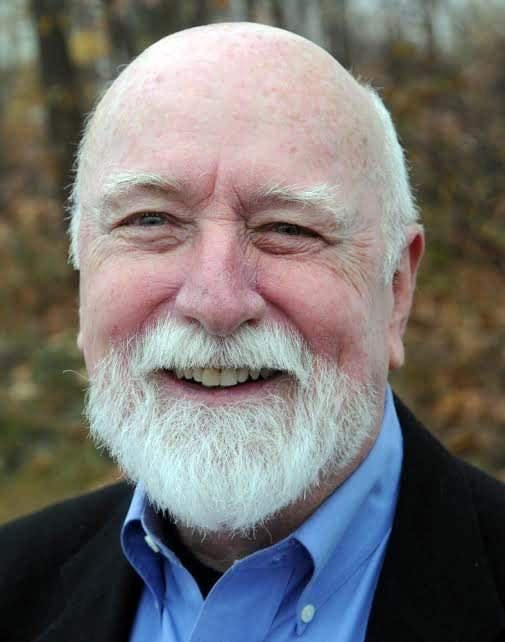The Observer: The real, the unreal and the surreal
The classical Greek philosopher, Plato, lived and died in the 4th century BC, but people today are still influenced by his thinking on everything from ethics and ideals to government and the nature of reality.
I first read him 60 years ago and hadn’t thought much about him since, but several recent events have brought one of his most powerful dialogues to mind.
His "Allegory of the Cave" (Book VII of The Republic) inquires into the nature of reality. If you’ve read it, you will remember the setting. Imagine a cave at the front of which we find people chained in place facing the interior of the cave, unable to turn their heads or look at anything other than the shadows that are projected onto the cave’s back wall.

What they see are representations of whatever is going on behind them. They do not know anything of what exists there, or of what is happening behind them.
They believe the shadows are reality.
Essays, books, films and even musical compositions have been inspired by this image which exposes one of the most fundamental questions in philosophy: what is reality?
This question has always been a hard problem; never more so than now, I think. In an era of “reality television,” is it any wonder we have trouble distinguishing fact from fiction? Perhaps you’ve seen the so-called “Reality Pyramid,” which provides examples of ideas that run the gamut from universally accepted facts to the most outlandish conspiracy theories.
To illustrate, let’s take Newton’s first law — an object that is not moving will not move until a force acts upon it.Reality, right? Other things, however, are less than universally accepted (though still true). For example, though some people believe the Earth is just 6,000 years old, science has determined it is more than 4.5 billion years old. That’s real, too, right?
The Observer: Why are people obsessed with fame and celebrity culture?
Some may believe that Elvis is still alive or that aliens built Stonehenge, but those surreal beliefs (however sincere) do not make them realities. So too with Holocaust deniers, flat Earthers, people who believe the 2012 Sandy Hook massacre was faked or that the 2020 election was stolen. But to believe such ideas is to believe demonstrable falsehoods.
Some people are confused about what is real, and is it any wonder? The DeSantis presidential campaign’s Artificial Intelligence (AI) team has generated photographs that show Donald Trump and Anthony Fauci in an enthusiastic embrace. This never happened, of course, but what are we to believe if we can’t believe our own eyes?
Take another example of the confounding of reality and unreality. Apple Inc. has just released a new toy — its $3,500 virtual reality headset — the appeal of which seems to be that it can closely represent “reality” while not actually being reality. In the future you will see people wearing these devices every waking hour; everywhere they go. What will reality mean then?
The Observer: There is a lot going on in York to address climate change
A recent Wall Street Journal article on AI raises some profound questions about reality. “The metaverse,” Harman Jenkins writes, “multiplied by a thousand, will follow the trajectory of cable news, abandoning reality for a highly distorted and colored picture of the world designed to meet our emotional wants” (WSJ, June 6, 2023).
Then there is Senator Markwayne Mullin’s (R-Oklahoma) recent interrogation of Cheryl Morman, president of the Virginia Alliance for Family Child Care Associations, as she offered testimony before a committee on which Mullin sits. “But the reality is…” Morman started to say, when she was interrupted by Mullin: “No, I don’t want reality,” he shouted. And there it is in a nutshell.
The politicization of reality is in full swing these days. We see it in the alternative reactions to a Florida Grand Jury’s 37-count indictment of former president Trump. These have ranged from the real to the unreal to the surreal. Does Special Counsel Jack Smith’s investigation constitute a political witch hunt or the legitimate pursuit of criminal behavior by Mr. Trump?
Facts, truth and reality are accessible to us all, though embracing them can sometimes mean accepting things that challenge our entrenched views. Reading Plato’s Republic might help us understand how the world in which we are now living may be more of an allegorical cave than a genuine reality.
Plato would advise that we cast off our chains, turn around and see the world as it really is.
Ron McAllister is a sociologist and writer who lives in York.
This article originally appeared on Portsmouth Herald: The Observer: The real, the unreal and the surreal